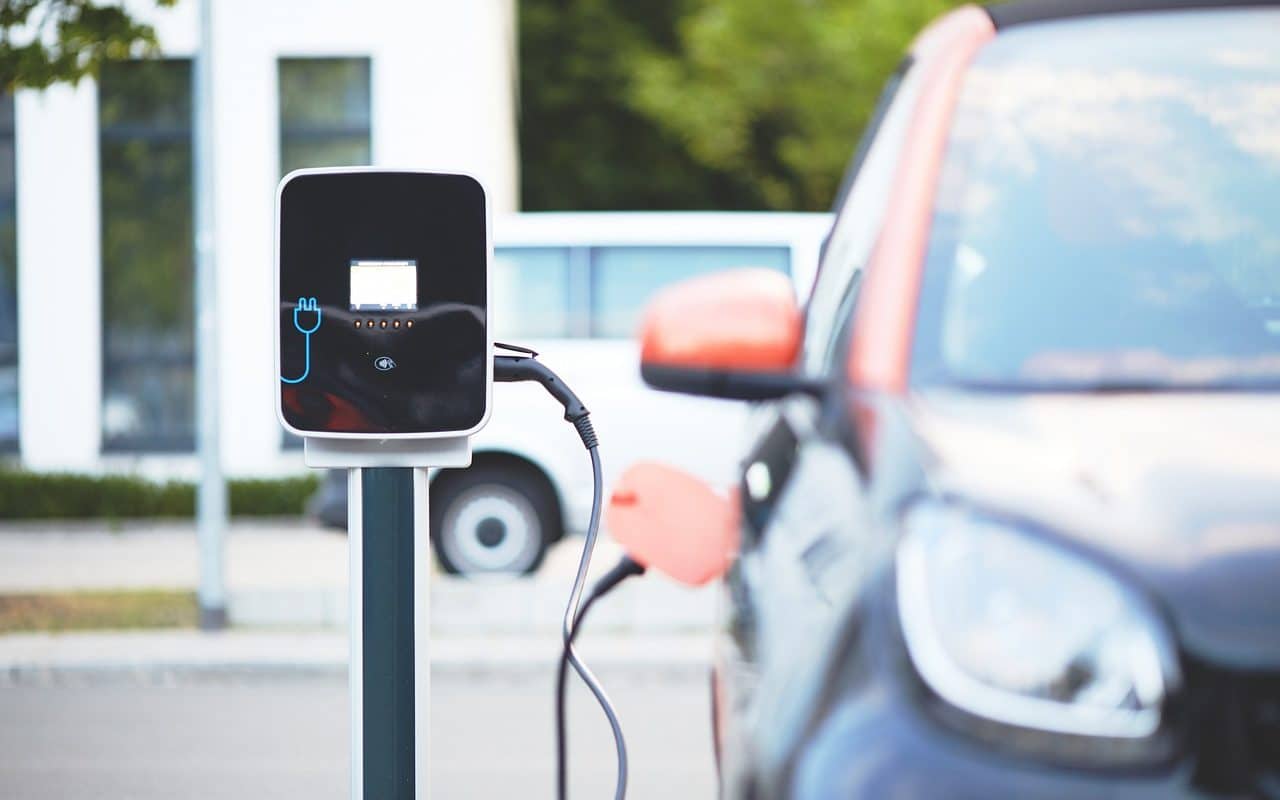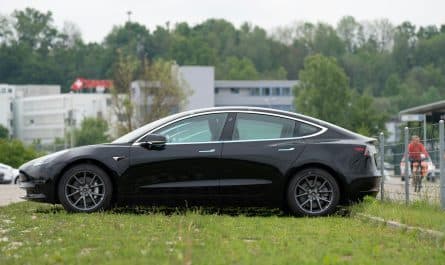By driving an electric car, we not only seek to reduce your co2 emissions, but also to maximize autonomy of the vehicle. This requires mastering speed and effective management of various influential factors. Here are some practical tips to help you reduce the energy consumption of your electric car.
Adopt a smooth ride
Practice eco-driving
One of the most effective ways to reduce energy consumption is to practice eco-driving. By driving smoothly and consistently, without sudden accelerations or braking, you can save significantly on your energy expenditure. Anticipate slowdowns and use engine braking when possible.
Reduce average speed of your car can also have a considerable impact. Speed control is essential; avoid exceeding speed limits as this increases consumption. On the highway, a reduction of 10-20 km/h can significantly extend the range of an electric car.
Check tire pressure
Maintain Proper Tire Pressure
Another crucial factor is the good proper tire pressure. Underinflated or overinflated tires increase rolling resistance, which leads to increased energy consumption. Check your tire pressure regularly and adjust them according to the manufacturer’s recommendations.
In addition, opt for tires with low rolling resistance can also make a difference. Investing in tires specifically designed for electric cars can improve the fuel efficiency of your vehicle.
Use equipment wisely
Optimize the use of heated seats and air conditioning
Heated seats and air conditioning consume energy. Try to limit their use as much as possible. For example, heat the seats and not the entire cabin if you are traveling alone. This consumes less electricity while ensuring your comfort.
In hot weather, use the natural ventilation rather than air conditioning can greatly reduce energy expenditure. In winter, wear warm clothing and moderate use of heated seats and heaters.
Take care of the battery
Battery maintenance
Battery maintenance is vital to ensure long life and optimal performance of your electric car. Avoid letting your battery completely discharge before recharging it. Full charge cycles reduce long-term efficiency. Try to keep the charge between 20% and 80% to preserve the battery.
It is also important to protect the battery from extreme temperatures. If possible, park your car in a garage to avoid directly exposing it to high heat or intense cold. Some batteries may be equipped with temperature control systems to maintain adequate interior heat.
Trip planning
Optimize your routes
Careful planning of your trips can also help reduce energy consumption. Choose routes where you can maintain a stable speed and avoid traffic jams. Using smart navigation apps that take into account real-time traffic conditions can make a big difference.
On long journeys, plan your charging stops in advance to minimize unnecessary detours. Fast charging when there is little waiting allows you to regain sufficient autonomy without having to wait too long.
Enjoy energy regeneration
Using regenerative braking
Most electric cars have functions of regenerative braking. This system transforms kinetic energy into electricity when braking, thus partially recharging the battery. Learn how to take advantage of this feature to maximize your vehicle’s range.
Simply taking your foot off the accelerator already allows the regeneration process to be reactivated. Use it when going downhill and when approaching intersections to recharge your battery without consuming more energy.
Reduce the weight of your vehicle
Degrease what is not necessary
Eliminate everything excess weight in your car. A lighter vehicle will benefit from reduced energy consumption. Remove unnecessary objects such as heavy tools, unnecessary luggage or other items that unnecessarily weigh down the car.
Additional accessories such as luggage racks or roof boxes add aerodynamically to the volume of the vehicle, increasing its air resistance. Restrict the use of these items to strictly necessary times to save even more energy.
Choose a reasonable speed on the highway
The impact of speed on autonomy
Frequent highway travel requires special attention to speed control. The higher the average speed, the higher the energy consumption. Adopt a more moderate pace not only improves energy efficiency but also contributes to road safety.
Some studies show that reducing speed every 10 km/h saves up to 14% on fuel or electricity, depending on road conditions. Always plan your distances with this in mind to achieve optimal balance.
Make regular software updates
Impact of software updates on consumption
Electric car manufacturers often offer software updates which optimize the vehicle’s performance and improve its autonomy. These updates are crucial to benefit from all technological advances regarding energy consumption.
Be sure to perform the updates recommended by the manufacturer. These could include new battery management strategies, improvements to the navigation system to choose more efficient routes, and other criteria that directly influence total energy expenditure.
Take advantage of fast charging stations
Strategic choice of charging points
Knowing that journey planning remains crucial, it has become more common to use fast charging stations available through numerous specialized circuits. These stations allow significant recharging in a short period of time, and effectively contribute to improving the overall energy situation of your vehicle.
Identifying strategic locations for these types of stations helps you complete your journeys with a minimum of required stops, all the more time saved ready for the necessary boost. However, it is better for the health of the battery not to go there systematically; plan a balanced strategy according to your needs.
Have general maintenance of your car
Daily and periodic verification
Regular maintenance of the car promotes prolonged energy savings. In addition to the battery, other mechanical and electronic components must undergo checks. Make sure that the brakes are functional, that the suspension system is stable and that each use complies with the manufacturer’s instructions.
Every month, make sure to have a complete inspection by a qualified professional for certain specific checks, such as seals, detectors or the condition of the cables. Preventive diligence prevents possible malfunctions directly affecting energy consumption.
Without final conclusion
Always focus your thinking on simple daily actions incorporating all of these additional tips discussed. In this way, you will gradually enrich your user experience, allowing your electric car to provide its best performance while further respecting the environment through a tangible reduction in CO2 emissions.








